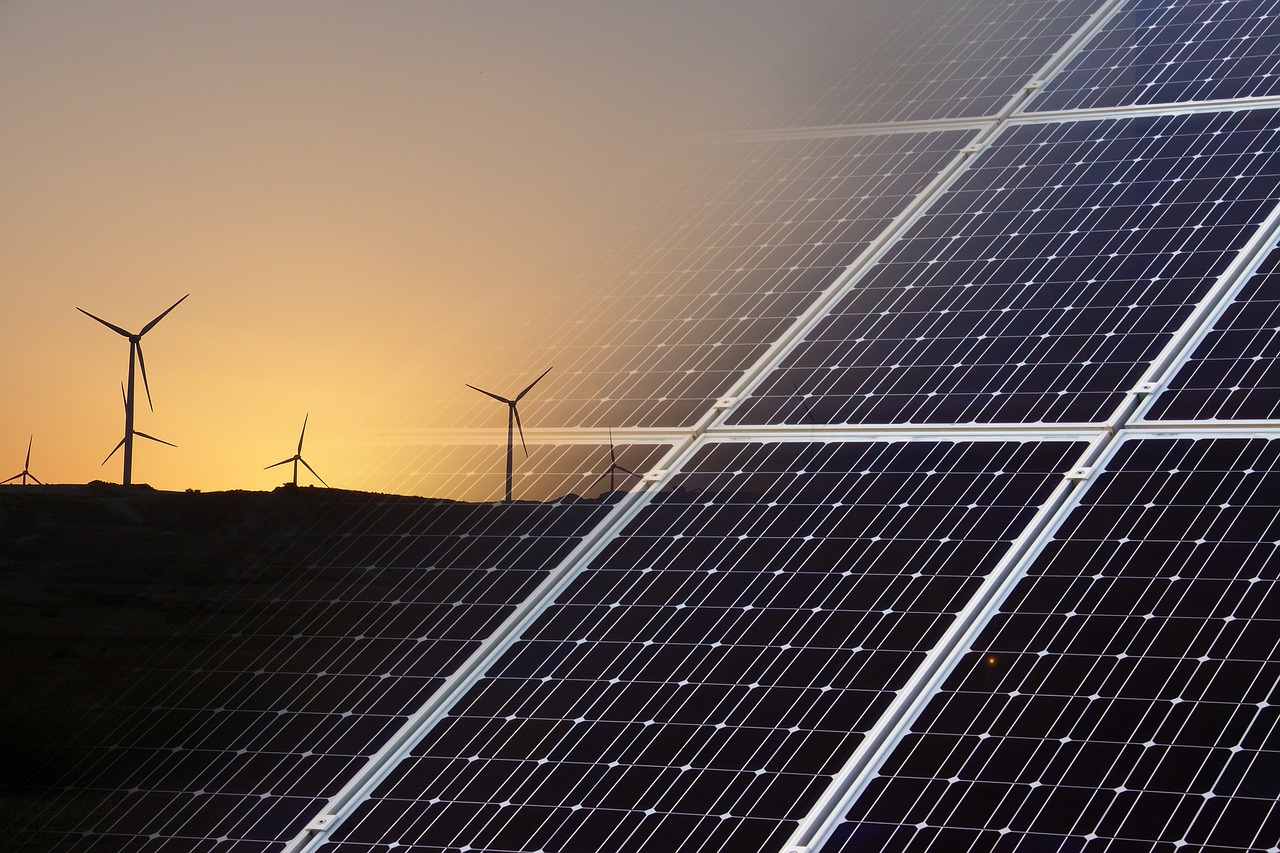Recently, the Resolution corresponding to Tax Consultation V2200-23 from the General Directorate of Taxes (DGT) has been published. In this consultation, the application of the exemption on capital gains resulting from the transfer of shares is analyzed, as established in Article 21.3 of the Corporate Income Tax Law (LIS). The consultation focuses on the transmission of Special Purpose Vehicles (SPVs) related to renewable energy projects, even before obtaining the necessary licenses for the construction of renewable facilities.
In summary, Tax Consultation V2265-21 questioned the application of the exemption on capital gains derived from the transfer of shares (“Participation Exemption”) provided for in Article 21.3 of the LIS regarding SPVs of renewable energy projects when they are in a pre-construction development phase, based on their consideration as asset-holding entities due to not yet engaging in economic activity.
With the publication of the recent consultation, it seems that this criterion may have been modified.
In particular, Tax Consultation V2200-23 addresses the application of the capital gains exemption in the sale of SPVs before the construction phase by a mixed holding company.
This company, in addition to being the holder of the transmitted shares, provides services related to promotion to its subsidiaries (SPVs), having the necessary material and human resources for this. In fact, the consulting entity (parent) has as its main activity the management, buying and selling, and technical analysis of renewable energy installations.
On the other hand, the SPVs are in a promotion or development phase where not all necessary licenses and permits have been obtained. It is also mentioned that during the promotion phase, the SPVs outsource all work and do not have their own personnel.
The DGT accepts the application of the exemption from Article 21 LIS for the capital gains obtained in the transmission of shares in SPVs, provided that its general requirements are met.
The purpose of the consultation focuses on determining whether the limitation of the exemption contained in Article 21.5.a) of the LIS applies, referring to the impossibility of applying the exemption if the participating entity is considered an asset-holding entity.
Regarding the possible classification of SPVs as asset-holding entities, the DGT concludes, based on jurisprudence and resolutions of the TEAC, that these entities do not have such consideration, as they engage in the promotion or development of photovoltaic solar parks (including pre-feasibility tasks; land contracting; drafting of technical studies and projects; processing and legalization of installations, and obtaining all permits, authorizations, and licenses for the construction of photovoltaic solar parks). Consequently, these entities would not be considered asset-holding entities, as their elements would be dedicated to the development of an economic activity.
The DGT points out that if the activity of the SPVs involves the organization of means of production or human resources with the aim of intervening in the production or distribution of goods or services in the market, the transferor can apply the exemption from Article 21 of the LIS. However, it is emphasized that this is a factual matter that the taxpayer must demonstrate, and its evaluation belongs to the competent bodies of the Tax Administration.
In summary, the DGT seems to use a less restrictive criterion in defining the concept of economic activity, expanding its content in the renewable sector, in terms similar to those recently used in the online gaming sector (Resolution DGT V0863-23).
Thus, the DGT seems to return to a criterion prior to Tax Consultation V2265-21 (a criterion maintained in consultations V3707-15 and V2931-16). A similar stance was taken within its jurisdiction by the Tax Agency of Navarre in the Consultation of October 17, 2022, on this matter.
In conclusion, it would be advisable to analyze each specific case and the applicable factual circumstances to determine if the situation in question fits the scenario outlined in this consultation.
Finally, it should be noted that neither in the current consultation nor in the one carried out in 2021 has there been expressly mentioned a change of criteria on the subject in question.
To conclude, there is a question about the taxation of contingent payments derived from the transmission in the Corporate Income Tax.
Regarding the temporal allocation of transmission income when there are fixed and contingent payments, with respect to the part of the income corresponding to variable payments, it must be analyzed whether, at the time of the transmission, it is possible to determine, with the best possible estimate, the contingent price, in which case, that part of the income will be considered accrued at the time of the sales transaction. However, if at the time of the transmission it is not possible to determine, with the best possible estimate, the contingent price, the contingent amount will generate income attributable to the tax period in which such uncertain future events occur and not to the period in which the transmission took place.
At addwill, we are at your disposal to provide more detailed information or personalized advice regarding this matter.
You can contact us by phone at +34 934 875 200 or by email at info@addwill.eu, or by clicking here.



